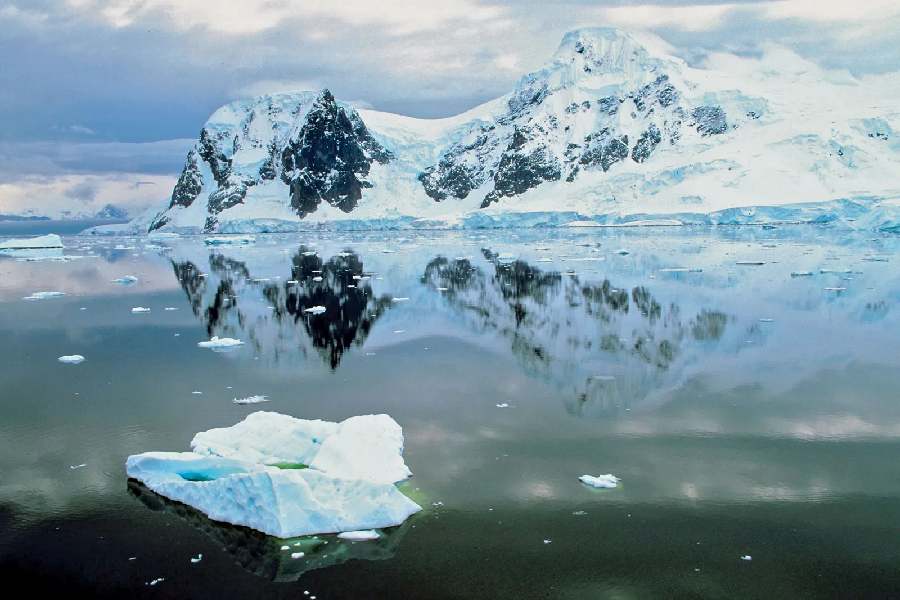Record-low levels of sea ice around Antarctica in 2023 was made at least four times more likely by climate change, new research has found.
In July 2023, the extent of Antarctic sea ice during winter fell to its lowest since satellite records began in late 1978, with about 2.5 million square kilometres less than usual.
Researchers, led by those at the British Antarctic Survey (BAS), investigated the probability of such a significant reduction in sea ice and the role of climate change in making this event more likely to happen.
Using climate datasets and models, the team found that Antarctic sea ice reaching historic lows would occur only once in over 2,000 years, or was "extremely unlikely" without climate change, which made the event more than four times likelier. Global climate model data from the Coupled Model Intercomparison Project Phase 6, or CMIP6, was used for analysis.
"This is the first time this large set of climate models has been used to find out how unlikely 2023's low sea ice actually was. We only have 45 years of satellite measurements of sea ice, which makes it extremely difficult to evaluate changes in sea ice extent. This is where climate models come into their own," Rachel Diamond, BAS, lead author of the study published in the journal Geophysical Research Letters, said.
"According to the models, the record-breaking minimum sea ice extent would be a one-in-a-2000-year event without climate change. This tells us that the event was very extreme -- anything less than one-in-100 is considered exceptionally unlikely," Diamond said.
This drastic reduction followed decades of steady growth in sea ice up to 2015, making the sudden decline even more surprising, the researchers said.
They detailed that satellite records of Antarctic sea ice began in late 1978 and between then and 2015, Antarctic sea ice extent increased slightly and steadily. In 2017, Antarctic sea ice reached a record low, and has been followed by several years of relatively low sea ice extent, they said.
The researchers also looked at how well sea ice is likely to recover, having plunged to record-low levels.
The authors found that after such extreme sea ice loss, not all of the sea ice around Antarctica returns -- even after 20 years. This adds model evidence to existing observational evidence that the last few years' low sea ice could signal a lasting regime shift in the Southern Ocean and its ecosystems, they said.
"The impacts of Antarctic sea ice staying low for over 20 years would be profound, including on local and global weather, and on unique Southern Ocean ecosystems -- including whales and penguins," study co-author Louise Sime, BAS, said.
Except for the headline, this story has not been edited by The Telegraph Online staff and has been published from a syndicated feed.










